In a step towards advancing data equity for underserved communities in California, UCLA LPPI participated in the virtual policy forum early this month, “We Count!: Data Equity for Latinx and Indigenous Communities in California.” Organized by the Latino Coalition for a Healthy California (LCHC), a member of UCLA LPPI’s Ad-Hoc Latino Leaders coalition, the event shed light on the critical importance of data disaggregation and the acknowledgment of racial and ethnic diversity within national and state institutions.
A central part of the conversation was the campaign for California Senate Bill 435 – the Latino and Indigenous Disparities Reduction Act. If adopted, CA SB435 would bolster representation and health equity for Latinx and Indigenous communities. It will mandate the California Department of Public Health and the Department of Social Services to collect and release disaggregated data specifically for Indigenous and Latinx nations. The bill would also require the agency to publish annual reports analyzing health trends, including acute and chronic diseases, as well as accessibility and utilization of vital services.
Latina leaders like Dr. Seciah Aquino, Executive Director of LCHC, CA Senator Lena Gonzalez, and UCLA LPPI Fellow, Rocio Perez, are raising the urgency and visibility of this issue. Sen. Gonzalez, the sponsor of CA SB435, has emphasized the need to view Latinos from diverse perspectives to ensure improved health outcomes. At the forum, Perez recommitted UCLA LPPI’s support for the campaign. “UCLA LPPI is proud to be part of this statewide effort to ensure comprehensive data collection that encompasses all intersecting identities and communities within the Latino community,” shared Perez, one of the developers of the forthcoming Latino Data Hub. During the event, Perez also stressed the need to address the limitations posed by current data standards set by state agencies. The lack of quality and reliable information hampers efforts to include indigenous Mesoamerican nations in the database, limiting the ability to address their specific needs effectively.
The collection of this data is crucial for the Latino community in California and across the United States. It allows for a more accurate and nuanced understanding of the unique challenges and disparities of different subgroups within the larger Latino population. The information also allows researchers and policymakers to identify disparities that may not be apparent when examining data for the Latino community as a whole. This makes it invaluable for crafting targeted and effective policies to address the specific needs of our diverse communities.
Understanding the critical nature of the issue and in an effort to bridge the data gap, UCLA LPPI is developing the Latino Data Hub (LDH). Set to go live in Fall 2023, LDH will be an accessible, user-friendly, and bilingual online resource. This new initiative will provide comprehensive data on critical issues like education, healthcare, employment, and housing, to empower advocacy efforts and inform legislation.
The LCHC panel underscored the importance of creating tools like LDH. Fact-based insights from the new data hub will allow policymakers to be better equipped to make informed decisions that address the nuances and needs of their Latino constituencies.
You can watch the entire virtual policy forum above.


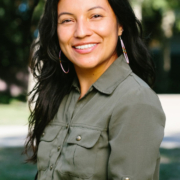
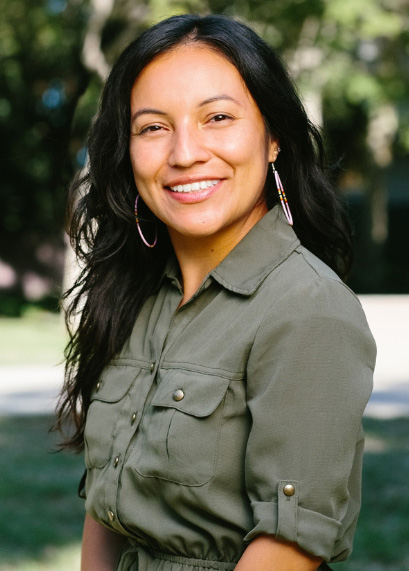
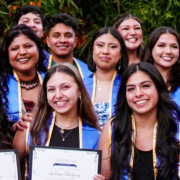
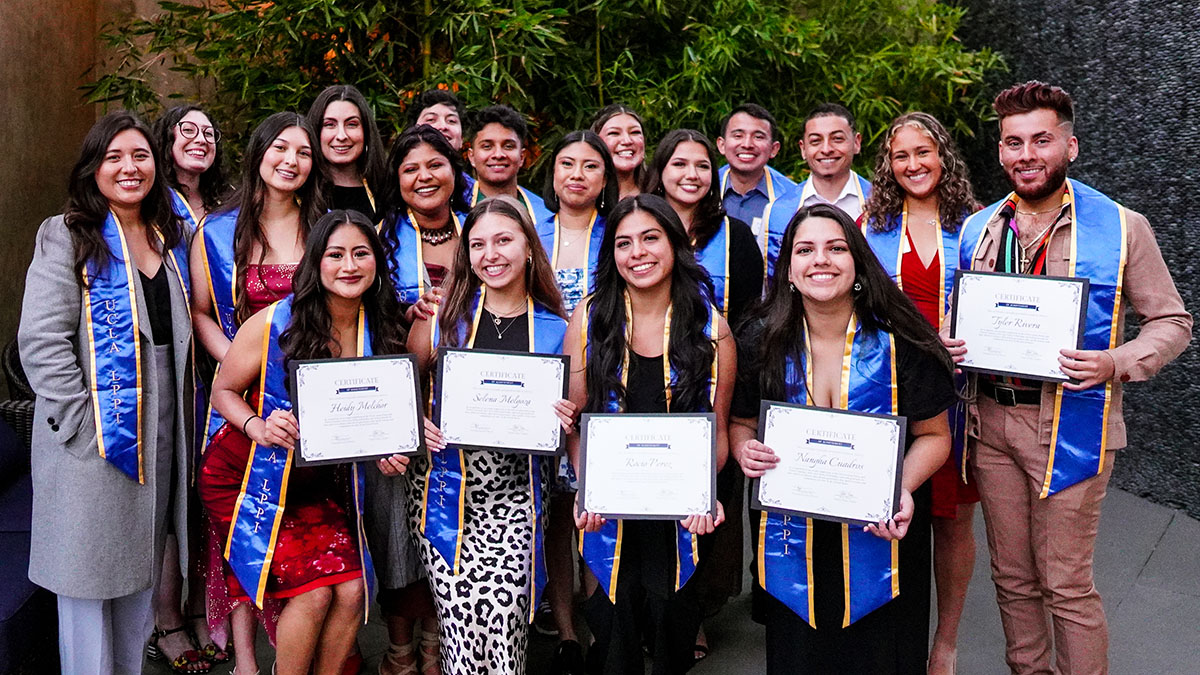
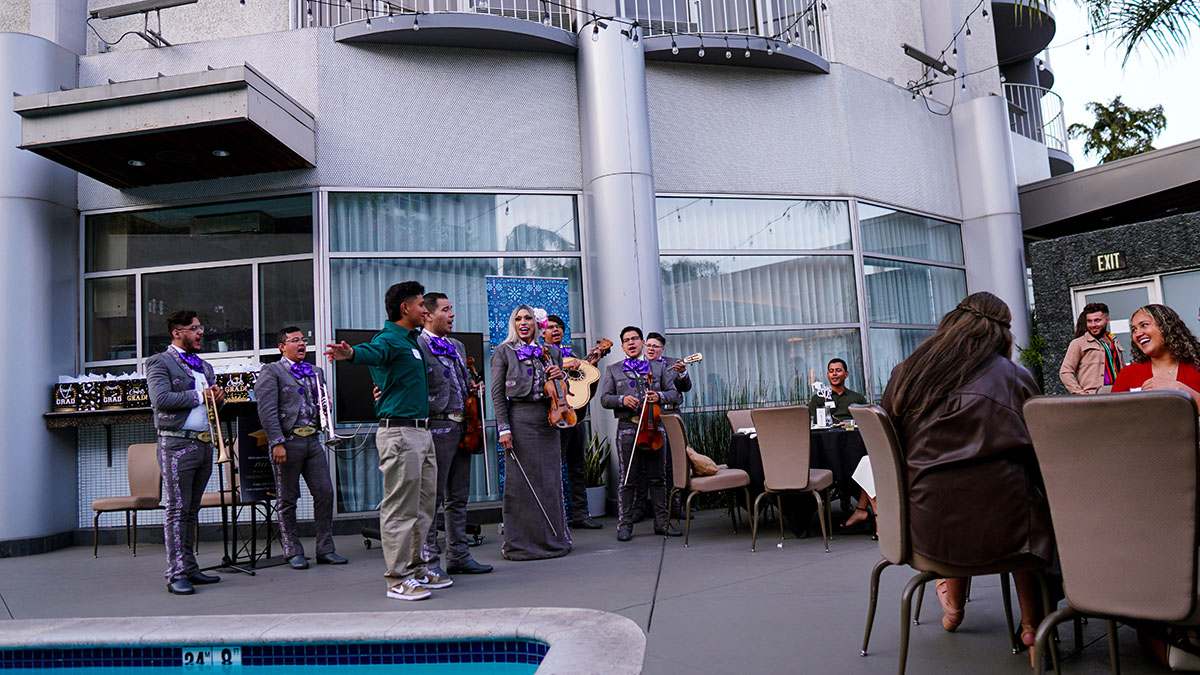
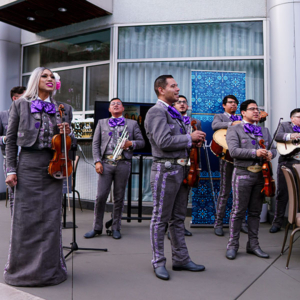
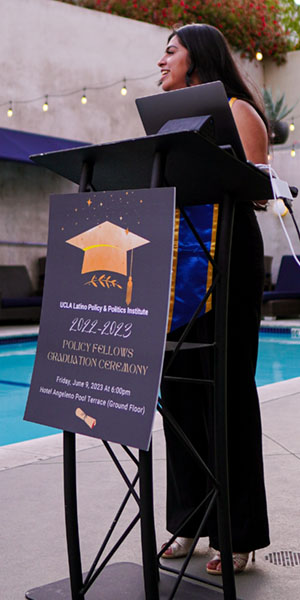
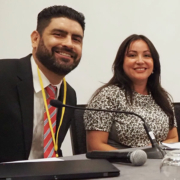
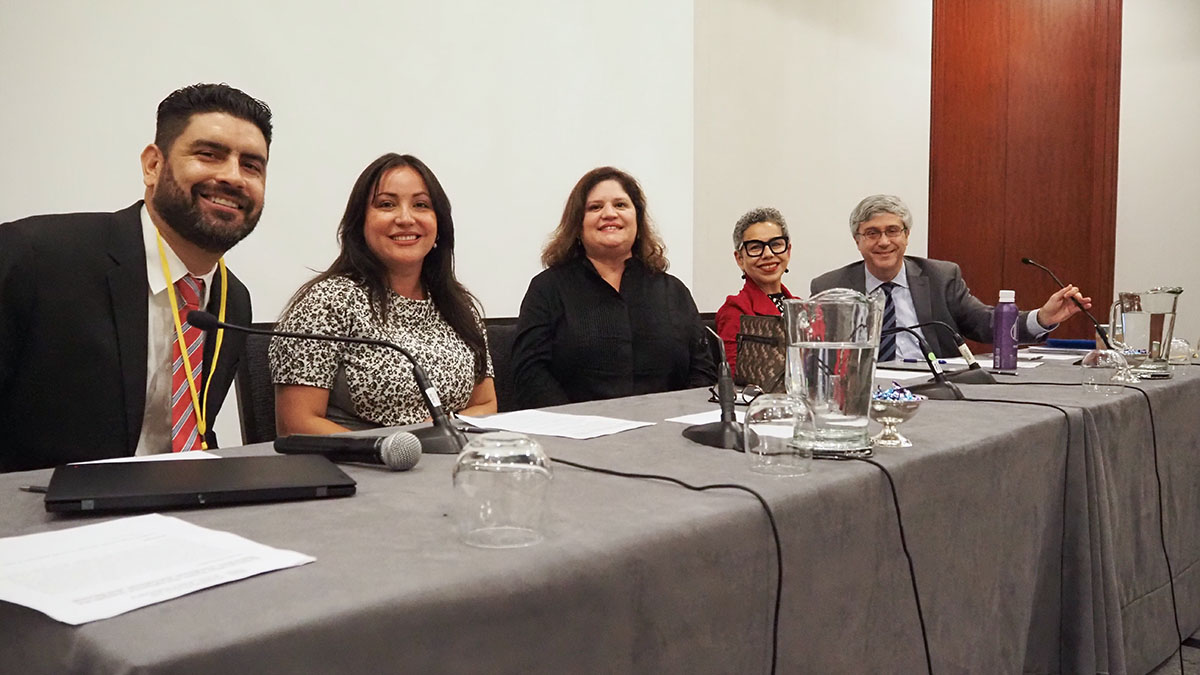

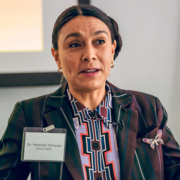
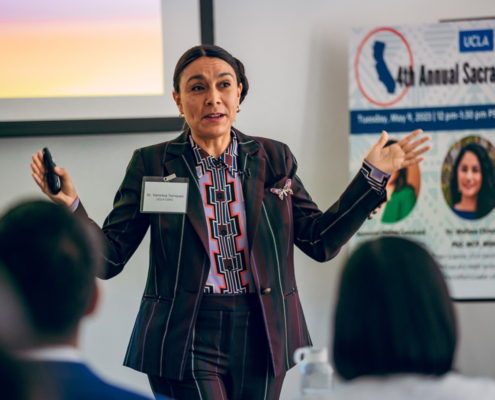
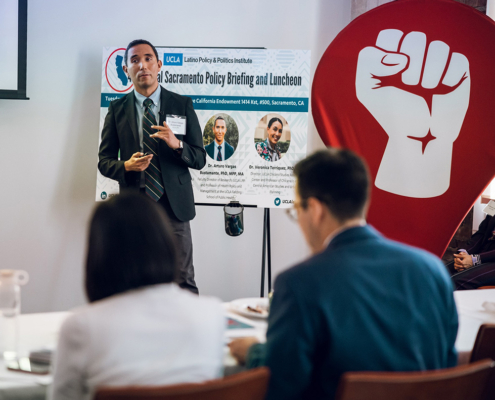
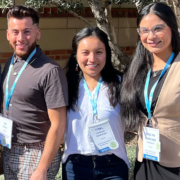
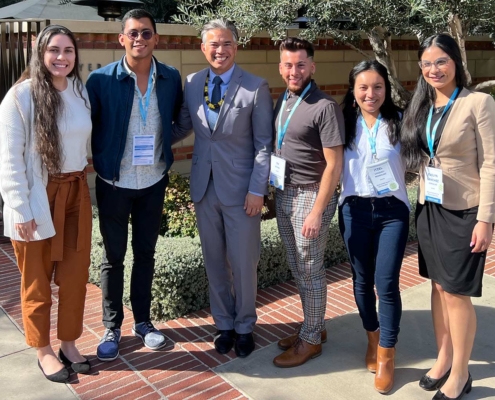
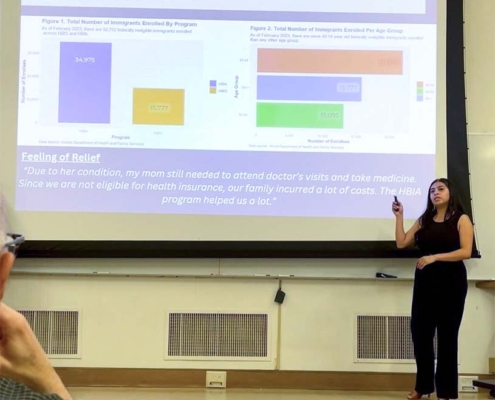
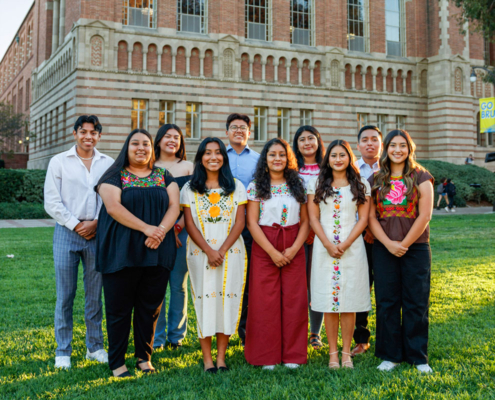
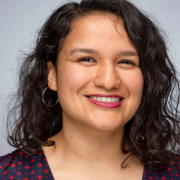
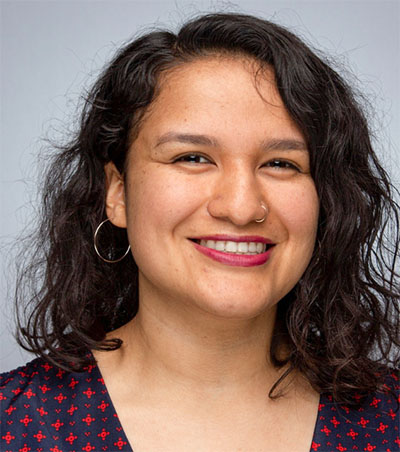
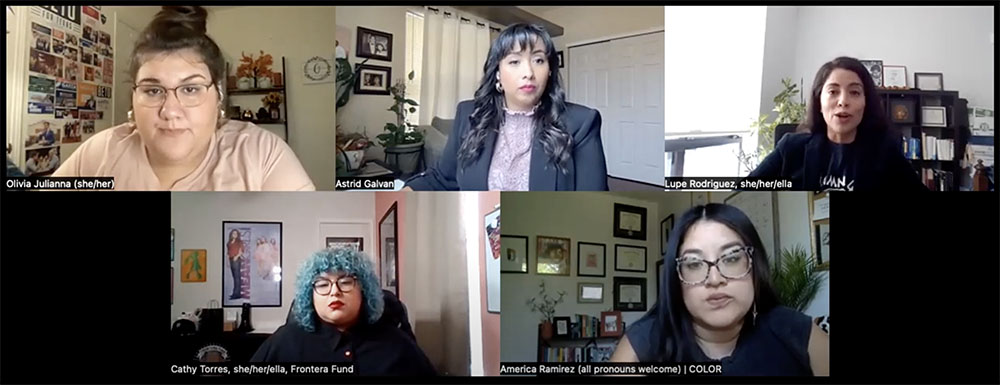
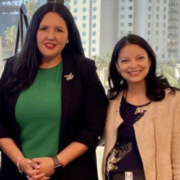
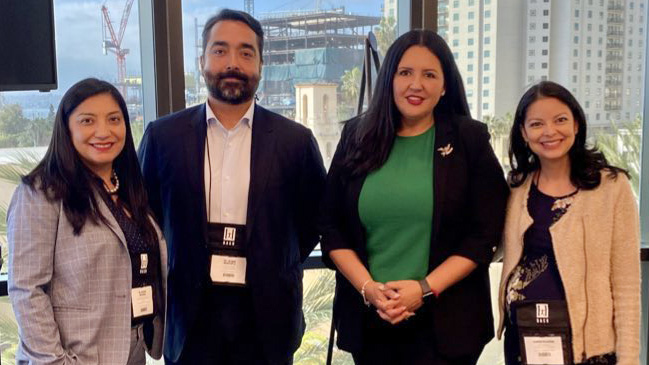
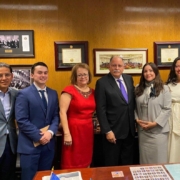


 As the nation has grappled with the health and economic outcomes of the COVID-19 pandemic, an election marked by profound political polarization and a reckoning on race, the
As the nation has grappled with the health and economic outcomes of the COVID-19 pandemic, an election marked by profound political polarization and a reckoning on race, the 